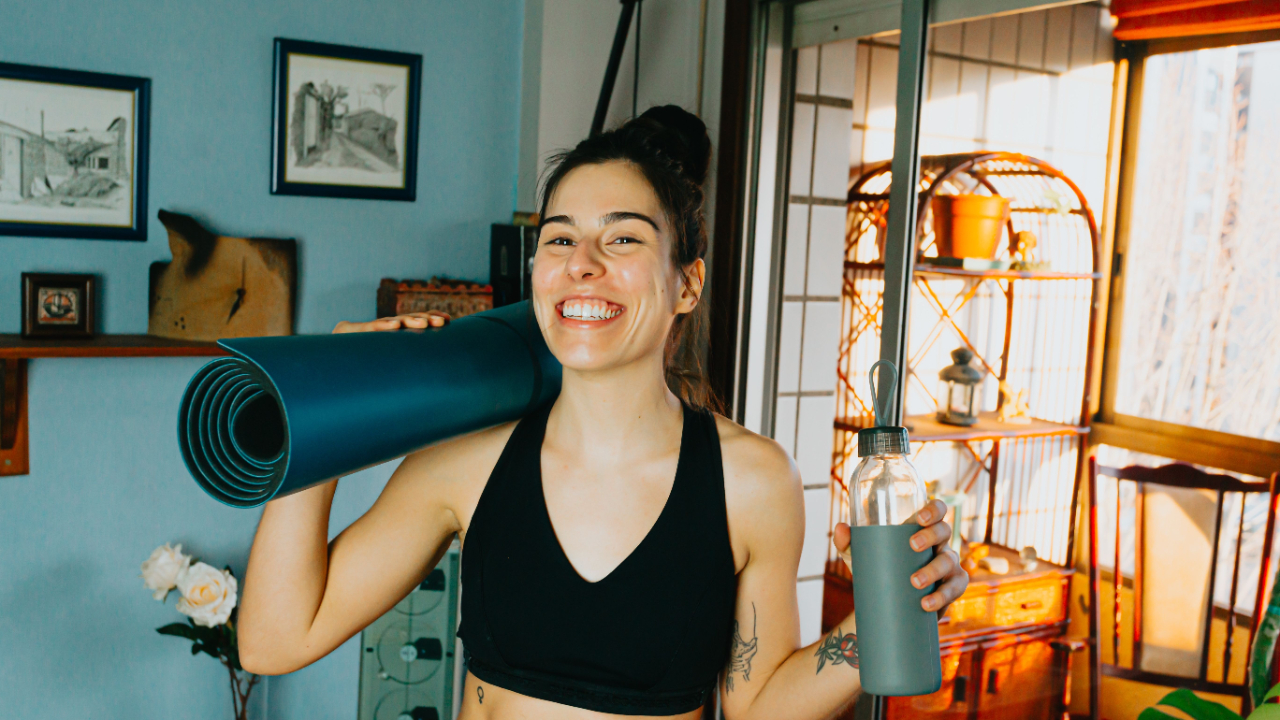Find your play personality
Aug 29, 2023
Dr Stuart Brown, researcher and founder of The National Institute for Play, has identified eight “play personalities” that can help you find out what kinds of play work best for you:
The Collector: You enjoy building collections, such as collecting stamps or vintage cars.
The Competitor: You enjoy playing (and winning) games with specific rules, like playing for a neighbourhood soccer league.
The Creator or Artist: You find joy in making things, or making things work. You might enjoy doodling, woodworking, decorating, fixing machinery, or sewing.
The Director: You enjoy planning and directing, like hosting themed birthday parties.
The Explorer: You play by discovering something new, either physically (a new place) or mentally. You might play by going on a vacation to a new place or discovering a new type of music.
The Joker: You enjoy being silly and foolish. You might enjoy improv theatre or simply making your friends laugh.
The Kinesthete: You enjoy moving your body as play. You might practice yoga or take a dance class for fun.
The Storyteller: You play by listening to or creating stories. You might enjoy going to the theatre or writing in a journal.
Source: PsychCentral.com
Playful attitudes within movement
Play has a sense of fluidity, adaptability and being to see how things unfold. When this is within the context of sport, there is of course the possibility of becoming a little over-competitive involved, which is where we can often find things have become too serious and lost their fun. True playfulness is about not taking ourselves too seriously and being along for the journey, rather than a dogged fixation on the end point or winning. We can enjoy the frisson of the competition, but if our mood can be totally dependant on the ‘good’ or ‘bad’ outcome, we may have gone past the point of enjoyment – for ourselves and others.
This can also apply to ambition within ourselves. Within practices such as yoga or Pilates, tendencies to simply push in, do more or get to an ideal end point can trample over a playful and curious relationship with our bodies. We can create inner tension if we are forcing into our own being; needing to protect ourselves from ourselves when we are not listening to our own boundaries can be a great source of stress.
Easing back from always pushing ‘right up to the edge’ does not mean we are achieving less; quite the opposite. If we see achievement as simply more or the most, then we can lose a nuanced and intelligent view of the full spectrum of ‘aliveness’. This attitude can hold us in rigid or hardened positions where we can feel like we are banging our heads against a wall. Part of the problem with doggedly pushing do things harder and faster is that there is little space to grow, move and adapt. This is where injury and exhaustion become more likely and we can find ourselves in cycles of keeping things up for a while, until dropping into fatigue, demotivation or our bodies saying ‘no more’ by expressing pain or a drop in function.
A playful and curious attitude to any movement or exercise keeps us listening in to when we need to pull back, when we are invited back in to move in deeper and how we can occupy sustainable middle grounds. Whatever your capabilities or range of motion, tuning in to where you are and your present needs, is the route to an intelligent relationship with your body and physicality.
Interplay for interrelation
This listening to our inner world to understand our greater needs moment-to-moment is the essence of embodied awareness; this state from where we can play and respond without set agenda, interpretation or expectation. Attunement with this inner landscape and our ever-changing feelings is how we relate to the external world around us. We are in constant interplay with the terrain, the environment, the weather, our interactions – how we meet the world and the other beings in it.
Discover Whole Health with Charlotte here, featuring access to yoga classes, meditations, natural health webinars, supplement discounts and more...




